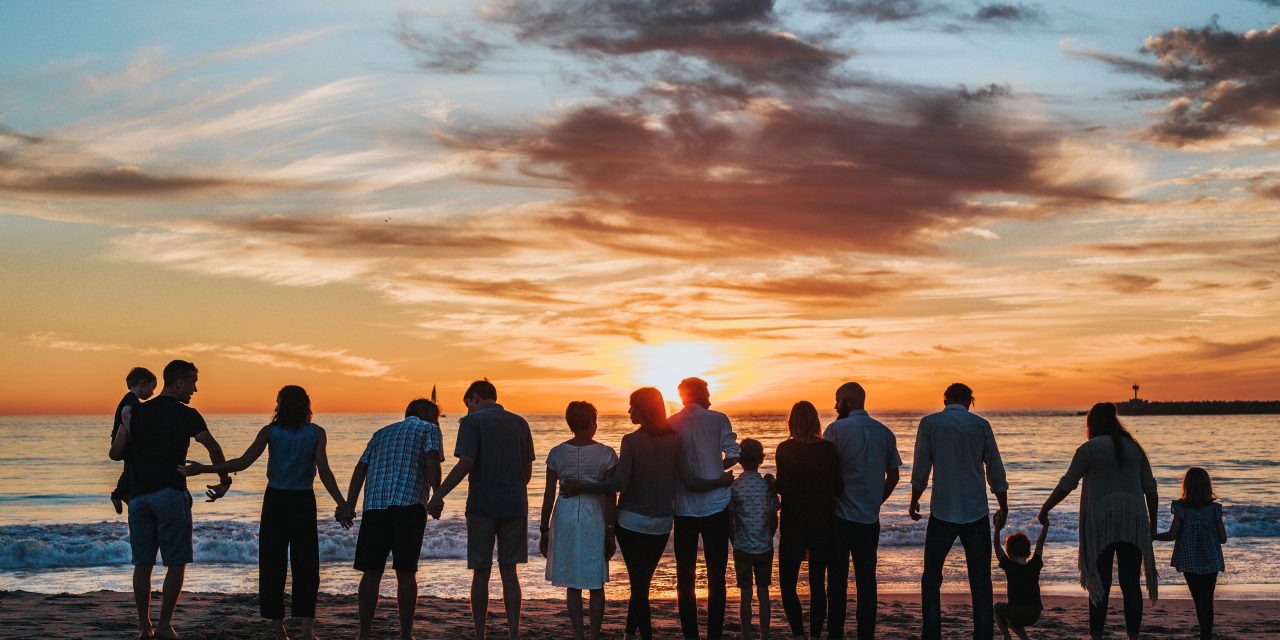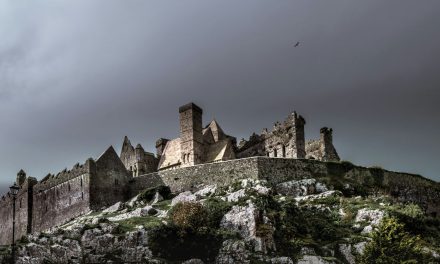When my wife and I came into the Catholic Church with our two sons, we were somewhat overwhelmed by the new life we had begun. We had not only entered into full communion with the Church Christ founded, but we clearly recognized how the expectations for our marriage and how we raised our family had changed considerably as we began to understand our vocation as parents. We were blessed to be surrounded by helpful priests, deacons and caring parishioners who helped us along the way, but it was often in the writings of Pope St. John Paul II that we found the most comfort and help.
My family and I were not blessed to belong to the Church during the papacy of John Paul the Great. Fortunately, his legacy has lived on in a profound way through his prolific writings. One such impactful document which has dramatically impacted our family is his apostolic exhortation, Familiaris Consortio — On the Role of the Christian Family in the Modern World (1981). As a new Catholic family seeking a clear guide to help us understand Church teaching on our roles and responsibilities, Familiaris Consortio was (and remains) the road map we were seeking.
Why has this particular papal writing been so impactful? The reasons are numerous, but I would argue that many converts to the Catholic Church typically see conversion as more than simply “joining the Church” and are seeking a radical new way of life. The mere idea of becoming Catholic means a rejection of the world and the old lives we once led. For my wife and I, this was the case. We desired to align and conform our marriage and family life to the teachings of the Church.
There are four significant ways Familiaris Consortio has impacted our family’s thinking and understanding:
1. Our marriage is a sacramental covenant. We are blessed with a deep love for each other. But my wife and I recognize that more is required of us in our marriage. Each of is to give the other the total “gift of self.” As Pope St. John Paul II wrote, “Christian marriage, like the other sacraments, ‘whose purpose is to sanctify people, to build up the body of Christ, and finally, to give worship to God,’ is in itself a liturgical action glorifying God in Jesus Christ and in the Church.” (#56)
2. We must be open to all life. Our understanding of “life” before we became Catholic was rooted in ignorance and acceptance of the secular culture. We learned from Familiaris Consortio and our priests that contraception was evil. It places an artificial barrier between us and God’s plan for our marriage. “The Church condemns as a grave offense against human dignity and justice all those activities of governments or other public authorities…in favor of contraception or, still worse, of sterilization and procured abortion, must be altogether condemned and forcefully rejected.” (#30).
3. We are responsible for evangelizing and educating our family about the Faith. “Thus the little domestic Church, like the greater Church, needs to be constantly and intensely evangelized: hence its duty regarding permanent education in the faith…the family, like the Church, ought to be a place where the Gospel is transmitted and from which the Gospel radiates…the future of evangelization depends in great part on the Church of the home.” (#51-52)
4. We must be a family that prays. “Family prayer has its own characteristic qualities. It is prayer offered in common, husband and wife together, parents and children together…by reason of their dignity and mission, Christian parents have the specific responsibility of educating their children in prayer, introducing them to gradual discovery of the mystery of God and to personal dialogue with Him…”(#59-60)
There are certainly other lessons we will continue learning as we grow in our Catholic faith. But possibly the greatest epiphany has been the need to reject the secular culture’s views on marriage and family. We are offered a clear choice through the Gospel, the Church, our Saints, the writings of Pope St. John Paul II and other popes. They offer us help, hope and a clear path to Heaven. We are, like many Catholic families, a work in progress. But, we feel blessed to be on the road we need to follow.
Which path is your family on?














